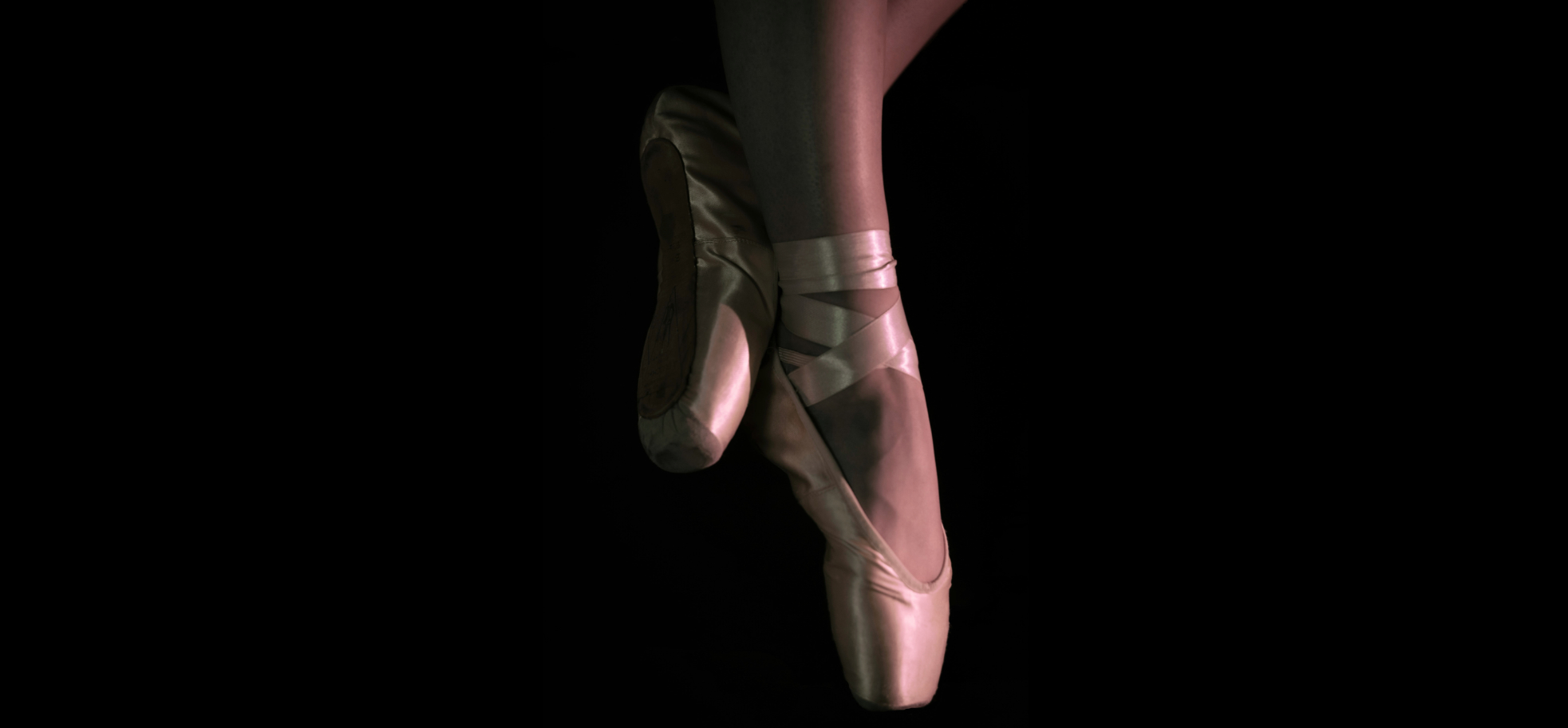“[I]n many families today,… the parent’s wishes are reified (i.e., are made to seem Natural, rather than just preferences), and the child’s wishes are finessed—the child’s wishes are ridden satin-slipper-shod over.”
– Mary Schultz
From the archives: First published in Taking Children Seriously 23, 1997
“Self-sacrifice is no good, any more than is riding roughshod over the other person’s wishes, as most parents do their children’s wishes. Just switching that around solves nothing. Taking Children Seriously advocates finding solutions which each person involved (e.g., parent and child) prefers—both—not just one or the other.”
The problem is, that in many families today, it is the case that the parent’s wishes are reified (i.e., are made to seem Natural, rather than just preferences), and the child’s wishes are finessed—the child’s wishes are ridden satin-slipper-shod over. I doubt that any of the parents reading Taking Children Seriously do much rough-riding over their children. An illustration:
Milk is spilled.
Natural consequence:
There is milk on the floor.
Milk is spilled.
Roughshod consequence:
Parent says, “Clean it up, or die!” (Child is not allowed to talk back. Her/his wishes are irrelevant. Only one version of Reality is allowed; the Parent is clearly the only Arbiter of Reality)
Milk is spilled.
Satin-slipper-shod consequence:
Parent says, “When we spill our milk, we must clean it up,” or “I will have time to read your favourite story to you if I don’t have to spend my time cleaning up the milk you spilled,” or “I love the way you clean up the milk you spilled,” or “Oh, you spilled your milk; here is a rag to clean it up.” (Child is put into a rhetorical position from which it is at least difficult to talk back. Her or his wishes are finessed. Only one version of Reality is allowed; the identity of the Arbiter of this Reality is obscured.)
Milk is spilled.
Walking-a-mile-in-the-other-guy’s-shoes-consequence:
Parent says, “I think that spilled milk should be cleaned up for several reasons (1, 2, 3,) and that it should be cleaned up by the person who spilled it.” Kid says, “Yeah, that seems fair,” or “Why do you think that’s fair?”, or “I can’t do it by myself; will you help?, or “I’ll do it in a minute,” or “I think parents exist to serve their children; therefore, I think you should clean it up.”
Dialogue continues until milk is or is not cleaned up and precedent for future mutually acceptable solutions clarified or set or not. (Child’s and parent’s wishes can be fully expressed and discussed so as to illuminate the full range of possibilities vis à vis the actual event. Social Reality is arbitrated mutually by those affected.)
I prefer the roughshod style to the satin-slipper-shod style for a very important reason. At least with the roughshod style, the child can see what’s going on, the child can at least accurately analyse the situation.
In the satin-slipper-shod style, which often makes use of the false royal We (“We pick our toys up when we have finished using them.”), or the omnipotent third-person narration (“Spilled milk must be cleaned up.”); both of these rhetorical styles are manipulative, the first since it’s based on a false-forced relation (“What do you mean We kimosabe?”), and the second, because it gets to speak like God without admitting that it is doing so.
Against this kind of rhetoric, it is much more difficult for a child (or anyone) to accurately analyse a situation. It is like the choice between the out-and-out bigot and the bigot who hides his or her bigotry behind politically correct rhetoric: who is easier to deal with? I pick the out and out bigot. At least you see what you get. Bad as I think such a solution is, I think it’s probably better to spank the kid than to mess around with his or her mind. Isn’t true dialogue the best—albeit most time-consuming—solution?
See also:
- “How can we express approval when our children do something good without manipulating them by implying that we would disapprove if they had made a different choice?”
- Consent-based parenting: my personal perspective
- Different labels for adults and children
Mary Schultz, 1997, ‘Not riding roughshod but satin-slipper-shod’, Taking Children Seriously 23, ISSN 1351-5381, pp. 16-17, https://takingchildrenseriously.com/not-riding-roughshod-but-satin-slipper-shod
